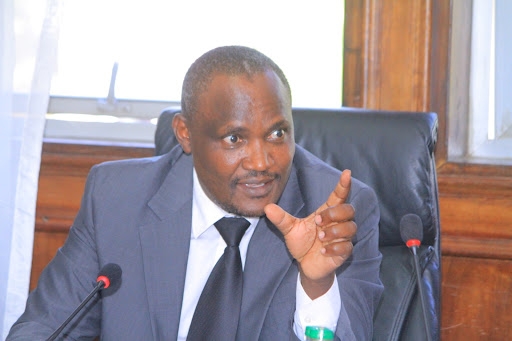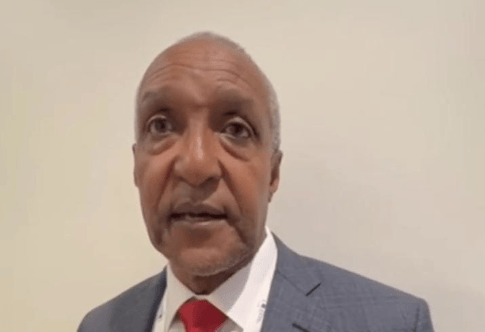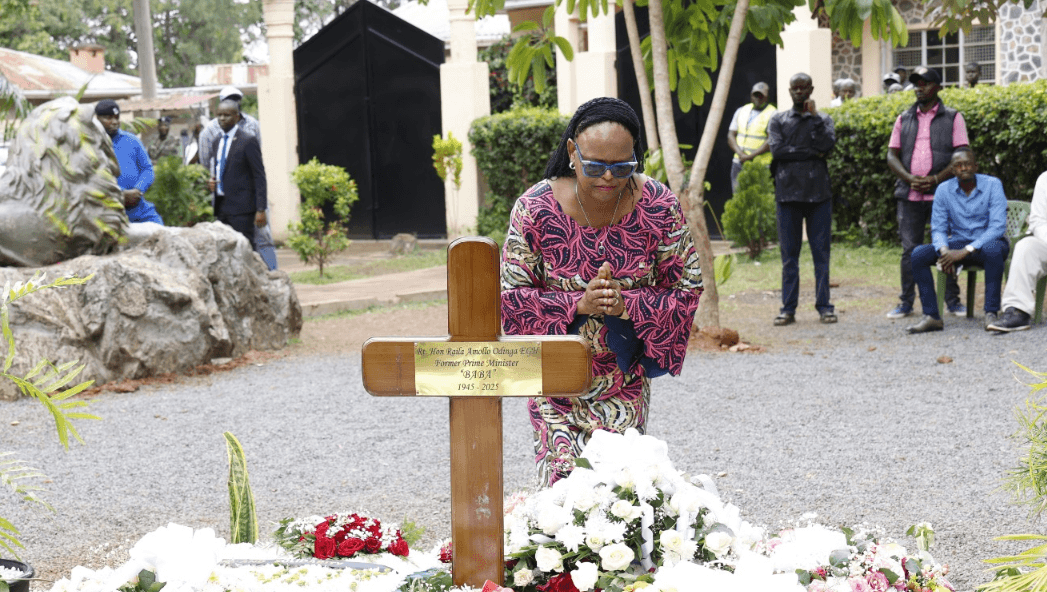

Nairobi’s delapidated roads are due to low funding the capital city gets, and most of them are under the national government, the transport boss has said.
Mobility and Works executive Ibrahim Auma said while the Johnson Sakaja administration was doing its best to maintain the roads to motorable standards, it was not the devolved unit’s fault that the repair works stall or do not start quickly enough.
He told the Star in his office that most of the roads are under the purview of Kenya Urban Roads Authority and others under Kenya National Highways Authority, hence City Hall should not blamed when some deteriorate.
“We are in close working relations with Kura, and the role of my office is facilitative and to pile pressure to get the work done. We are fully aware of the state of roads in the city and we are working round the clock to fix them,” he said.
Auma showed the Star a file with lists of all city roads and their state of disrepair. He said it is not just the Sakaja administration but also the national government is fully seized of the state of the roads and a collaborative framework is in place to repair them.
“We recently had a meeting with stakeholders and the President where our Sh13 billion plan to give the city roads a facelift was discussed and approved. Soon, you will see work rolling out. As the motto of our governor, it’s less talk and more work. We want Nairobians to experience our work not what we promise,” he said.
Though details of the details of the Sh13 billion plan remained scanty, the CEC said it was all systems go and the works will last two years.
“I just want Nairobians to know that we are fully aware of the state of the roads and we are collaboratively working to get them fixed. I meet every day with my roads chief officer to get latest update on the state of roads in the city and think how we can sort them within the meagre financial leg room we are operating in.”
He said the roads docket was not getting enough funding from the county assembly because health remains the priority of the devolved administration, gobbling up to 40 per cent of annual funding.
“Our health and education sectors remain top priorities for this administration. Logically speaking, Nairobians worry about the state of their health services and the quality of education their children are getting and it makes sense to get more resources there.”
After the last year’s heavy rains, the potholes in the Nairobi roads got worse, sparking hue and cry from residents that City Hall was not doing enough.
Part of the problem for Nairobi’s pathetic roads, Auma said, was that the county was acutely underfunded because by law it should receive devolved funds as well as for being the capital city and the seat of government.
Besides the 14 devolved functions
the constitution demarcates for
counties, Nairobi is also mandated
under the Urban and Cities Act to be
the capital and seat of power, serving
the national government and the international diplomatic community.












![[PHOTOS] Elgeyo Marakwet landslide victims arrive in Eldoret for care](/_next/image?url=https%3A%2F%2Fcdn.radioafrica.digital%2Fimage%2F2025%2F11%2F425460d9-7ff1-4975-8a1f-cd0aaefb7812.jpg&w=3840&q=100)

